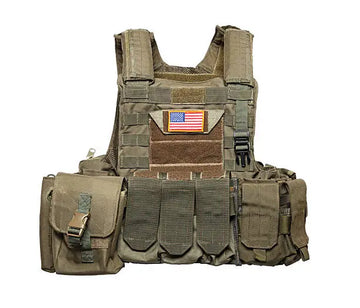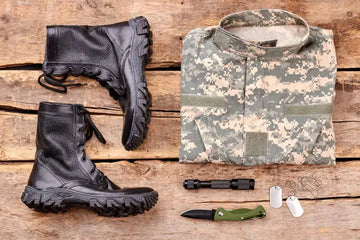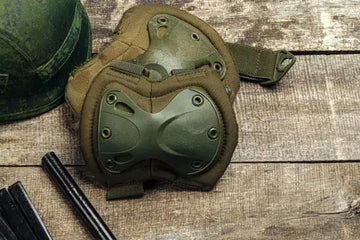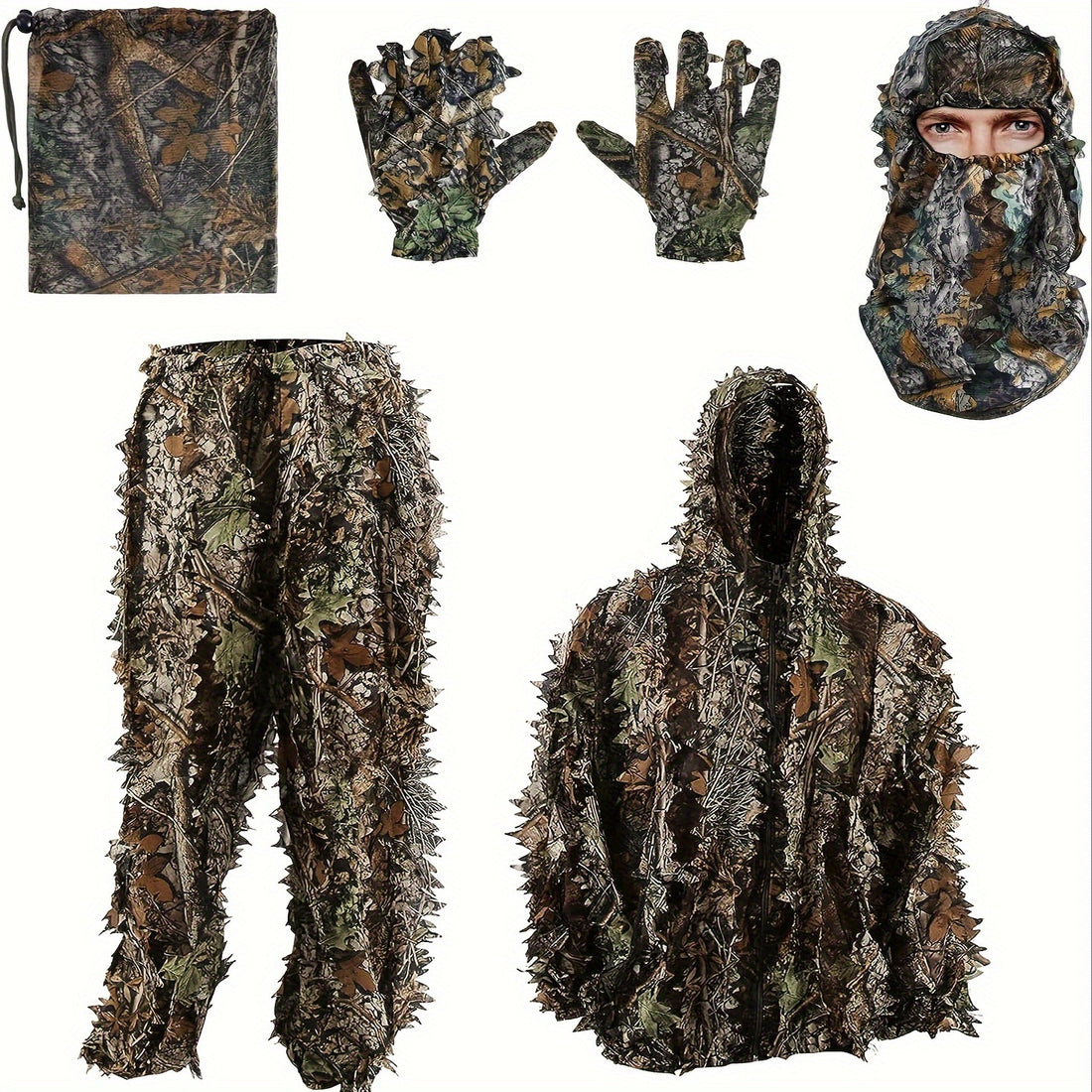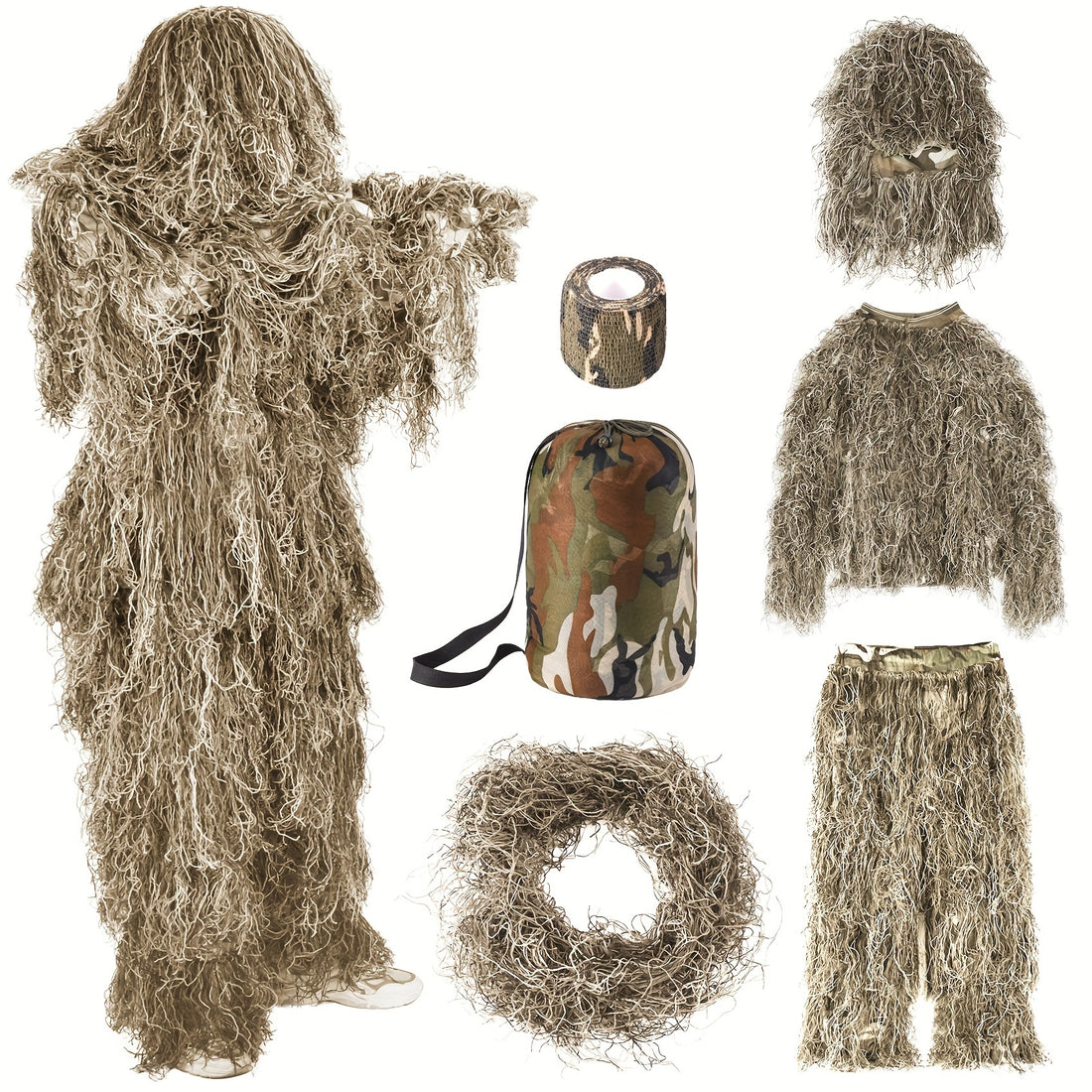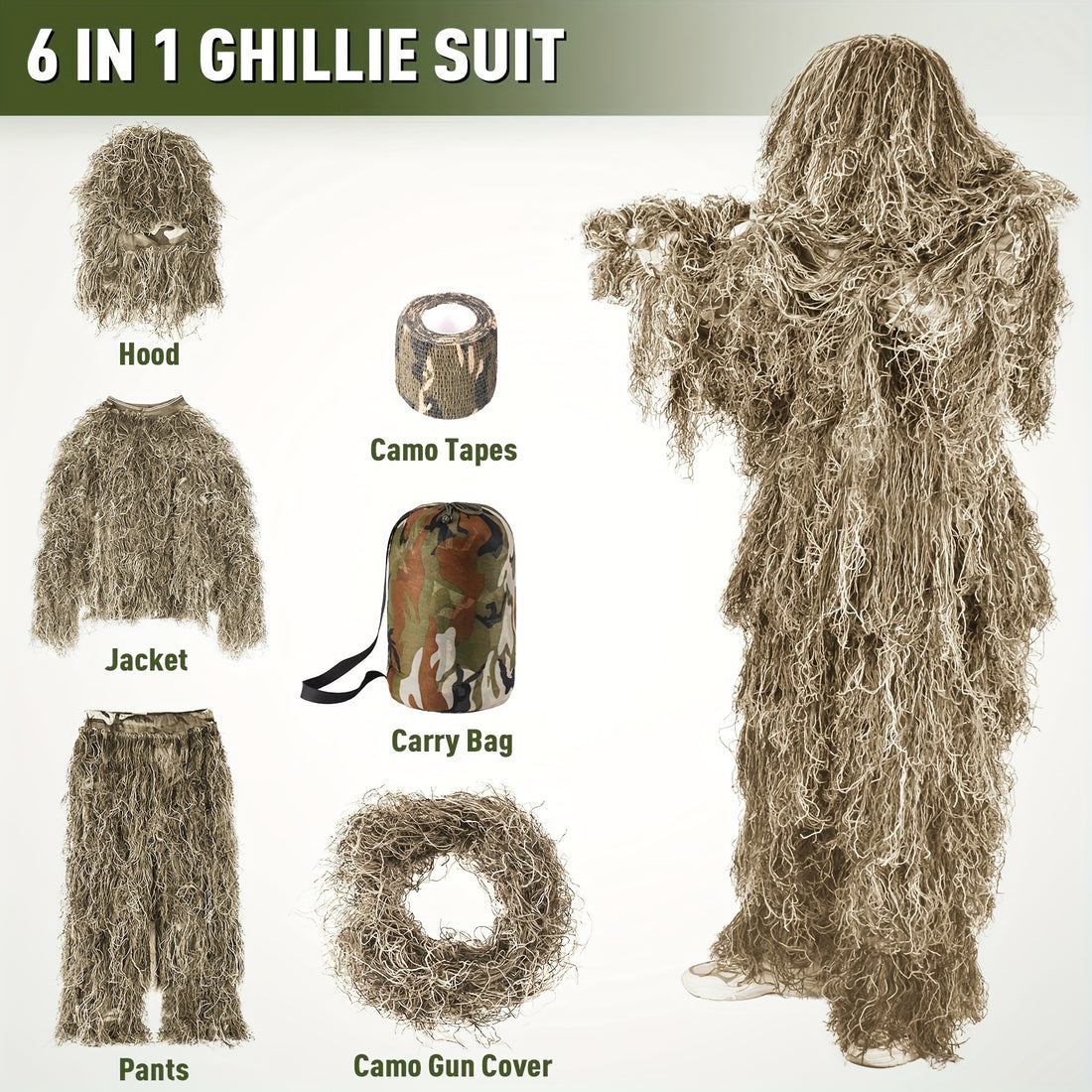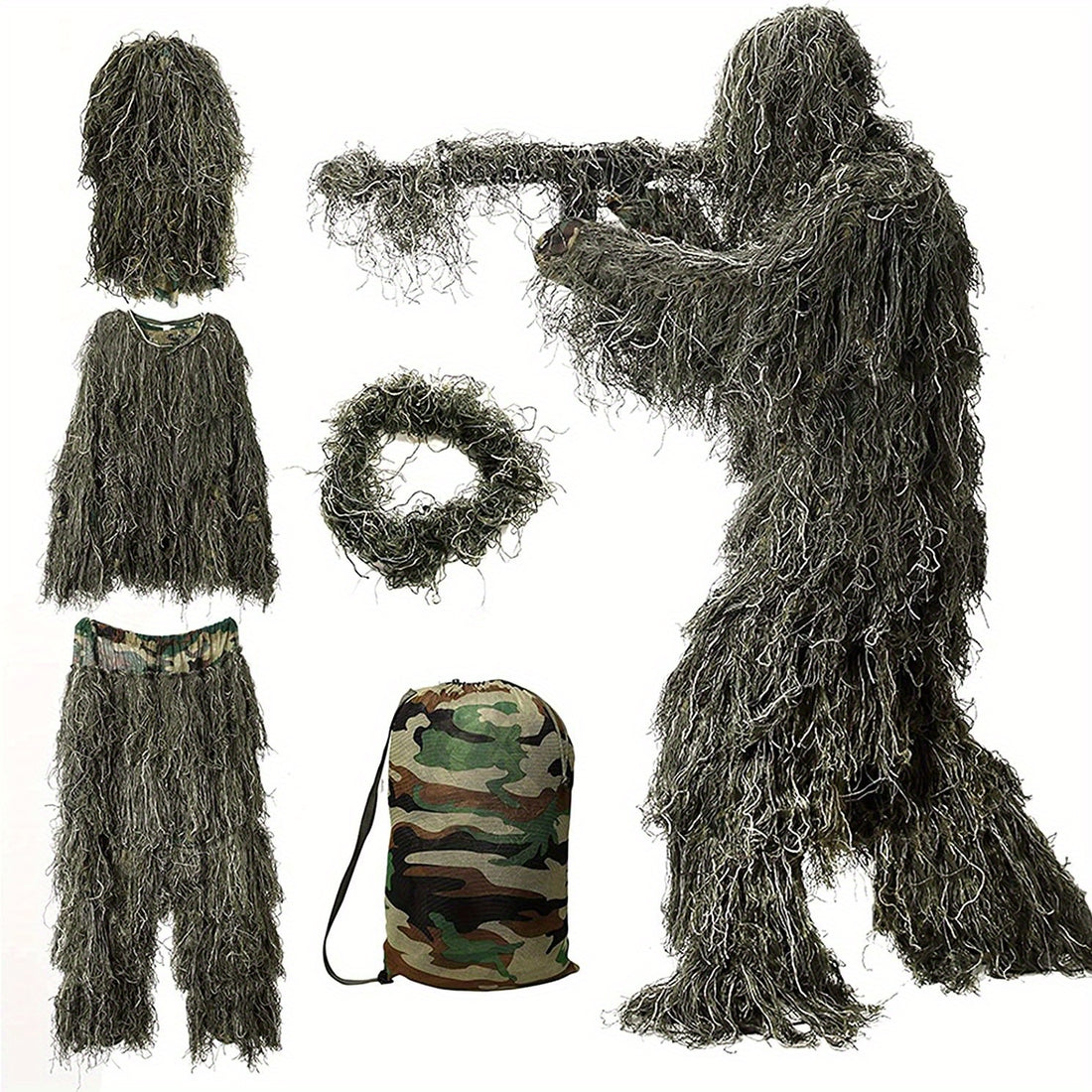Body armor serves as protective gear for military personnel, law enforcement officers, and civilians in certain jobs or high-risk settings. For civilians, knowing the rules is key because laws can be detailed and differ by location.
This guide covers the main legal points for owning body armor in the United States, including federal rules, state variations, and steps for safe buying.
Federal Laws on Body Armor in the U.S.
In the United States, there is no broad federal law prohibiting the general civilian population from purchasing or owning body armor. This includes both soft armor vests and hard armor plates.
However, two critical federal restrictions exist:
- Convicted Felons: Under 18 U.S. Code § 931, individuals convicted of a violent felony are prohibited from buying, owning, or possessing body armor. This applies nationwide, regardless of state laws.
- Intent to Commit Crime: Using body armor during the commission of a federal crime of violence (e.g., robbery, drug trafficking) can result in enhanced penalties under 18 U.S.C. § 924(c). Mere intent without action does not typically trigger federal charges.
State-Specific Restrictions and Regulations on Body Armor
While federal law sets a minimum standard, individual states and even local municipalities can impose stricter regulations. It is the responsibility of the purchaser to know and comply with their local laws. The following examples illustrate the diversity of state-level approaches:
- New York: Civilians generally cannot buy or own body armor, except those in approved jobs like law enforcement or security. This covers soft body armor, with first offenses as a misdemeanor and repeats as a felony.
- Connecticut: The state restricts the sale of body armor to in-person transactions only, effectively banning online sales to residents. The federal prohibition for convicted felons also applies.
- California: Ownership is allowed for those eligible to own firearms, but sellers must run background checks to confirm no felony convictions. A 2023 law (Assembly Bill 92) extends this to anyone barred from firearms, including some with domestic violence records.
- Illinois: The state prohibits the sale and delivery of body armor to any person who is not eligible to possess a firearm under state law, which includes individuals with certain misdemeanor convictions. A 2024 law also limits possession of armor plates to exempt groups like law enforcement.
-
Louisiana: State law specifically prohibits the wearing of body armor on school property, at school-sponsored functions, or on a school bus unless the individual is authorized (e.g., law enforcement personnel).
- Maryland: Civilians with past convictions for violent crimes or drug trafficking need a permit to buy or own body armor. The permit lasts five years and is renewed based on birth month.
- New Jersey: While body armor is legal for civilians to purchase and possess, retailers are required to verify that a buyer is not a prohibited person before completing a sale. Additionally, state law imposes enhanced criminal penalties for anyone who wears body armor while committing a crime.
Important Note: This list is not complete. Laws change, so check your state's current rules and local ones before buying. Sites like the National Conference of State Legislatures offer updates.
International Laws on Body Armor: A Brief Overview
Outside the U.S., body armor regulations vary:
- Canada: Civilians can own body armor without a federal license, but provinces like Manitoba, Nova Scotia, and British Columbia classify body armor as a controlled item and require a permit for possession.
- United Kingdom: Body armor is legal for civilians to own, but is subject to strict controls. Importing body armor requires approval from the Home Office.
- Australia: Body armor ownership requires a permit in most states, including Victoria, Western Australia, and South Australia, where it is classified as a controlled or prohibited item.
Purchasing Body Armor: What to Consider
If you can legally own it, focus on these points for a smart choice.
- Age Restrictions and Online Sales: There is no federal minimum age for purchasing body armor, but most reputable retailers enforce a policy of selling only to individuals aged 18 or older. Furthermore, online sales are legal in most states, but retailers like Safe Life Defense or AR500 Armor are still bound by federal and state laws. For example, they will typically require the purchaser to confirm they are not a prohibited person. It is critical to note that some states, like Connecticut, explicitly ban the online sale of body armor, requiring all transactions to be in-person.
- Certification and Standards: The most important indicator of reliability is certification from the National Institute of Justice (NIJ). Look for armor that is "NIJ Certified," not just "NIJ Tested" or "Compliant." The NIJ standard (e.g., Level IIIA for handguns, Level III/IV for rifles) defines the level of protection. You can verify certified models on the NIJ Compliant Products List.
- Type of Armor:
Soft Armor: Made from flexible, woven materials like Aramid (e.g., Kevlar®) or Polyethylene to stop handgun rounds and is concealable under clothing.
Hard Armor: Consists of rigid plates, typically made from ceramic, steel, or polyethylene. These are designed to stop high-velocity rifle rounds and are carried in plate carriers.
- Fit and Purpose: Body armor must be properly sized to be effective. A vest that does not fit correctly can leave vital areas unprotected. Consider the intended use—concealed protection, overt tactical use, or hunting in areas with dangerous game—when selecting a system.
Responsible Ownership and Safety for Civilians
Owning body armor comes with ethical and practical responsibilities.
- Legal Risks: Even where legal, wearing body armor in sensitive locations like airports, courthouses, or certain government buildings can lead to detention, questioning, or charges related to disorderly conduct or threatening behavior.
- Maintenance: Body armor has a limited lifespan, typically five to ten years. The materials can degrade over time due to environmental factors, wear, and improper storage. Follow the manufacturer's guidelines for care and replacement.
- Training: Simply owning armor is not enough. Understanding how to don it quickly and properly under stress is crucial. Consider seeking professional training.
Conclusion
Body armor laws exist to balance civilian safety with public security. While most civilians can legally own armor, restrictions apply to felons and those intending criminal activity. Always research state and local laws before purchasing, prioritize NIJ-certified gear, and use armor responsibly.
Shop our tactical vests and plate carriers
For Business and Organizational Inquiries
Since 2009, we have manufactured tactical vests and plate carriers designed to accommodate ballistic armor. As a trusted tactical gear supplier, we work with authorized organizations, distributors, and professional entities to provide high-quality load-bearing equipment. Contact us for quotes.


